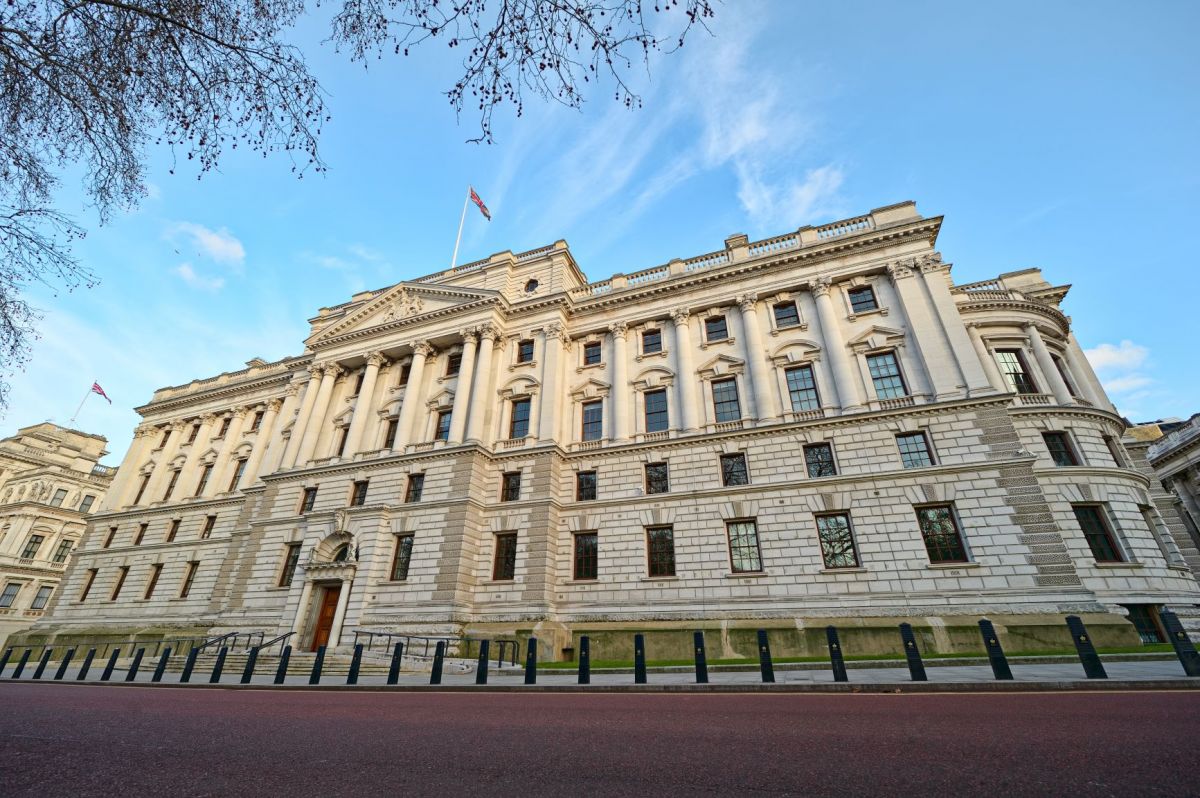
The next PM needs to get pay rising for everyone, not just those at the top
People are working longer and harder than ever, but their wages have stood still for over a decade.
Rising prices mean that in real terms, working people are still £14 a week worse off than they were in 2008 – the longest pay squeeze in centuries.
This isn’t normal. Had wages simply kept pace with inflation since 2008, the average employee would be £14,278 better off than they are today.
In the previous decade, strong and consistent wage growth meant that the average worker was £32,657 better off in 2008 than they would have been if real wages stayed at 1997 levels.
Politicians must face up to the real-life impacts of the pay crisis.
Unsecured household debt is at a record high of £14,177.
Too many families are running out of money at the end of every month, going without heating when it’s cold and skipping meals to make ends meet.
And too many children are going to school hungry, or without proper clothes and shoes.
We’ve had enough
The system is rigged in favour of bosses and the rich. They’re raking in massive profits and getting promised tax breaks, while working class families are stuck at the sharp end.
In the past five years, pay-outs to shareholders have risen five times faster than nominal wages.
We need change. And this election is our chance to get it.
So, we’re calling on politicians from all parties to deliver for working people. We want them to get wages rising faster for everyone – not just for those sat around the boardroom table.
Resetting the balance of power
That means a £10 minimum wage for everyone now. And it means resetting the balance of power in our economy so that working people get a fair share of the wealth they create.
There will be some prophets of doom out there who will say that it can’t be done. We need to remind them that job numbers have been going up at the same time as the national minimum wage.
In fact, the minimum wage has shown us that employers could pay more – they just didn’t want to do so unless they had to.
Indeed, many employers have gone further and increased rates above rising legal floor, either to avoid being labelled as a minimum wage employer or to maintain differentials.
The Office of Budget Responsibility states that the minimum wage directly lifts the pay of 2 million people, but the spill over effect gives a boost to more than 3 million more workers paid above the minimum.
Union recognition = higher wages
The TUC is calling on all parties to introduce new rights so that more workers can bargain through their unions for fair pay and conditions, both in their workplaces and across industries.
Some will also say that a bigger role for unions is not the answer.
Yet there’s clear evidence that strong collective bargaining rights are the best way to secure stable wage growth both internationally and in our own economy.
And it’s no accident that the majority of the UK’s biggest companies recognise unions.
To achieve better wages growth, unions must have the right to enter every workplace. But we also need to make sure that employers listen to what their staff are saying by creating an obligation to bargain.
Politicians should also ensure that we finally get workers’ voices heard at the top levels of companies.
We’re calling for workers directors to comprise on third of the board of all listed and private companies with 250 or more workers, with a minimum of two worker directors per board.
Working people need change
We deserve better than rising debts and jobs on impossible hours that make it hard to see our loved ones.
At election time, we’re powerful when we speak up together.
So, let’s use our votes to rebuild the kind of Britain we want to live in, and win better wages for everyone.
Stay Updated
Want to hear about our latest news and blogs?
Sign up now to get it straight to your inbox
